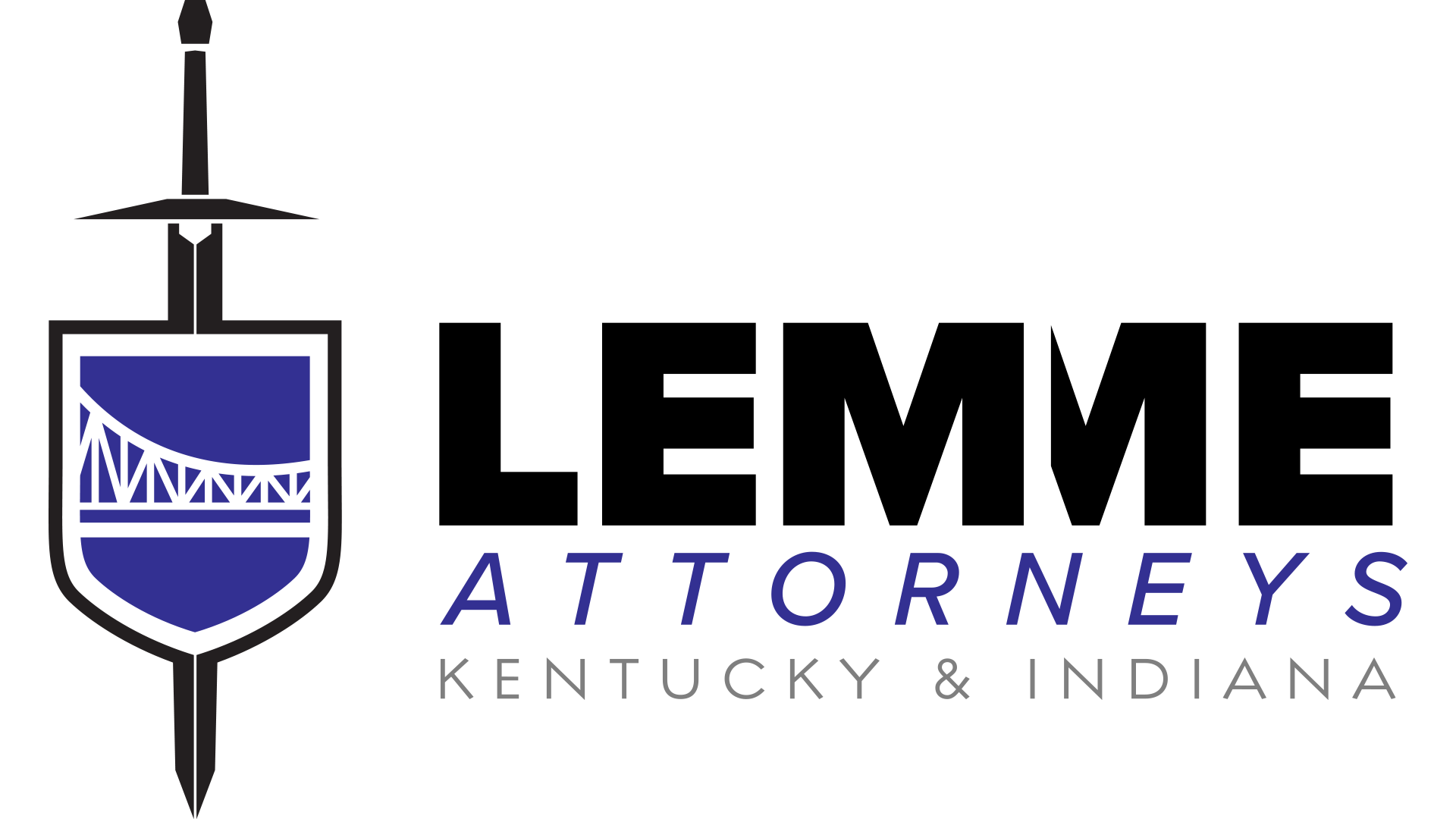WILLS, TRUSTS, AND ESTATES
When a person passes away, their assets must be disbursed according to their estate plan and, when applicable, state laws and probate. At Lemme Law Offices, our probate lawyer helps executors of wills or beneficiaries of an estate through the probate process, starting with identifying estate assets and ending with the distribution of assets and inheritances to the beneficiaries.
A probate lawyer offers important services that can help speed up the probate process. A probate lawyer can help with the:
- Collection of proceeds from life insurance policies
- Identification and securing of estate assets
- Appraisals for the decedent’s real property
- Payment of bills, debts, and applicable taxes
- Resolution of any income or estate tax issue
- Preparation and filing of all documents required by a probate court
- Management of the estate checking account
- Transfer of assets to beneficiaries
To learn more, you should contact Lemme Law today by calling 812-512-1234 or submitting an online form today and schedule a free initial consultation. At Lemme Law Offices, we help pick your fight to ensure the probate process and the decedent’s wishes are fulfilled.
Frequently Asked Questions
Both the probate process and outcomes can look very different, depending on whether the decedent had a valid Will at the time of death.
The probate process begins when the decedent passes away. A petition is filed with the proper court to have probate opened. The next step is to identify the executor or personal representative of the decedent’s estate.
- If there is a Will, an executor will likely be named in it.
- If there is not a Will, a probate judge will nominate one.
Once the executor is approved or appointed by the court, the executor must:
1. Notify the heirs;
2. Publish notice for any creditors;
3. Take inventory of the estate (e.g. bank accounts, retirement accounts, stocks and bonds,real estate, personal effects); and
4. Secure all assets.
attendance. During this hearing, an interested party may contest the Will. If there are no challenges to the Will, the executor must first pay off all debts of the estate. Once creditors are paid, the executor distributes the remainder to the beneficiaries in accordance with the Will.
If the Will is challenged, then another hearing may be set. The challenger has the burden to prove the Will’s invalidity. Challenges are often based on allegations of undue influence, fraud, or misrepresentation. Challenges are also brought forward when there is believed to be another
Will invalidating the Will offered to probate court.
If the court decides the Will is valid, the executor can pay debts, bills, and applicable taxes, and distribute assets. If the court decides the Will is invalid, it will apply the state’s intestacy laws.
On the other hand, if the court determines the other Will is valid, it will allow the executor to apply the valid Will (as opposed to the invalid Will).
Once the executor has located all the decedent’s assets and notified and paid the creditors, the probate judge will apply the state’s laws of intestacy and distribute the estate to the decedent’s heirs.
- Collection of proceeds from life insurance policies
- Identification and securing of estate assets
- Appraisals for the decedent’s real property
- Payment of bills, debts, and applicable taxes
- Resolution of any income or estate tax issue
- Preparation and filing of all documents required by a probate court
- Management of the estate checking account
- Transfer of assets to beneficiaries

